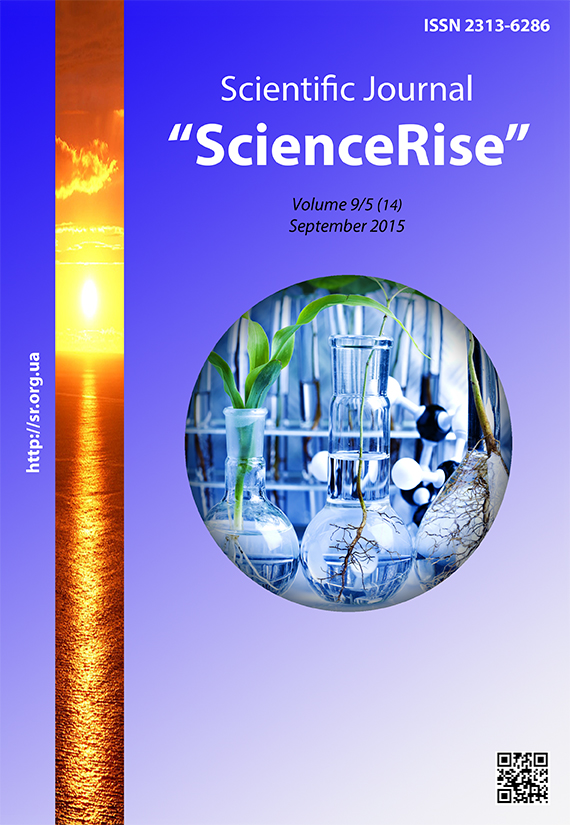Graduate and post- graduate education – the interaction and balance of purposes in modern conditions
DOI:
https://doi.org/10.15587/2313-8416.2015.50828Keywords:
status of establishment of postgraduate pedagogical education, single technological environment of training, retraining and advanced pedagogical staff trainingAbstract
The main trends to create the conditions for staff training and retraining throughout life in the systems of higher education and additional professional education are analyzed in the article. Versions of curricula diversification, a change of provider types and forms of additional professional education, including teacher education system, and improve interaction with the labor market are analyzed
References
Kochemyrovs'ka, O. O. (2014). Rozvytok trudovogo potencialu jak chynnyk ekonomichnogo zrostannja Ukrai'ny. Kyiv: NISD, 108.
Mozhaeva, L. G. (2001). Jevoljucija koncepcii obrazovanija v sovremennom mire. Jekonomika obrazovanija, 6 (7), 20.
Gavrylyshyn, B. (2015). «Misija universytetu: vchyty chy dopomagaty vchytysja?» Konferencija "Sapere aude! Ukrai'ns'kyj Vil'nyj Universytet: 1945-2015".
Fedorenko, V. G. (Ed.) (2007). Teoretychni ta prykladni zasady investycijno-innovacijnogo rozvytku ekonomiky ta rynku praci v Ukrai'ni. Kyiv: IPK DZSU, 317.
Silkina, N. V., Silkin, R. S. (2006). Tendencii razvitija i problemy reformirovanija vysshego obrazovanija. Jekonomika obrazovanija, 2, 17–24.
Sybircev, V. V. Suchasni tendencii' rozvytku pisljadyplomnoi' osvity: Dopovid' na konferencii' «Vseukrai'ns'ka naukovo-metodychna konferencija «Andragogichni zasady pisljadyplomnoi' osvity». Available at: http://konferenciya.jimdo.com
Downloads
Published
Issue
Section
License
Copyright (c) 2015 Михайло Филимонович Степко

This work is licensed under a Creative Commons Attribution 4.0 International License.
Our journal abides by the Creative Commons CC BY copyright rights and permissions for open access journals.
Authors, who are published in this journal, agree to the following conditions:
1. The authors reserve the right to authorship of the work and pass the first publication right of this work to the journal under the terms of a Creative Commons CC BY, which allows others to freely distribute the published research with the obligatory reference to the authors of the original work and the first publication of the work in this journal.
2. The authors have the right to conclude separate supplement agreements that relate to non-exclusive work distribution in the form in which it has been published by the journal (for example, to upload the work to the online storage of the journal or publish it as part of a monograph), provided that the reference to the first publication of the work in this journal is included.

